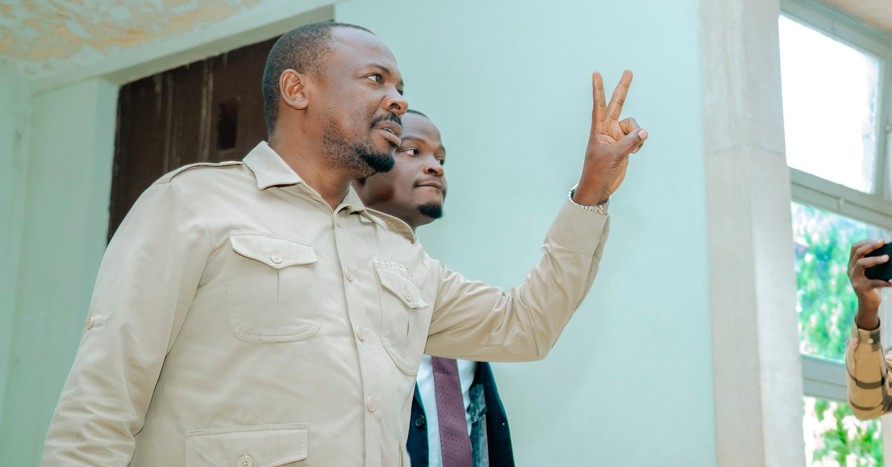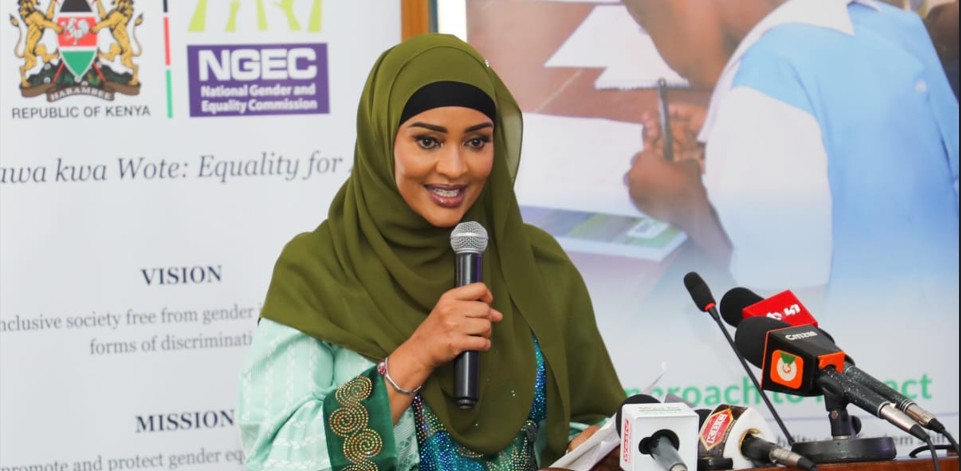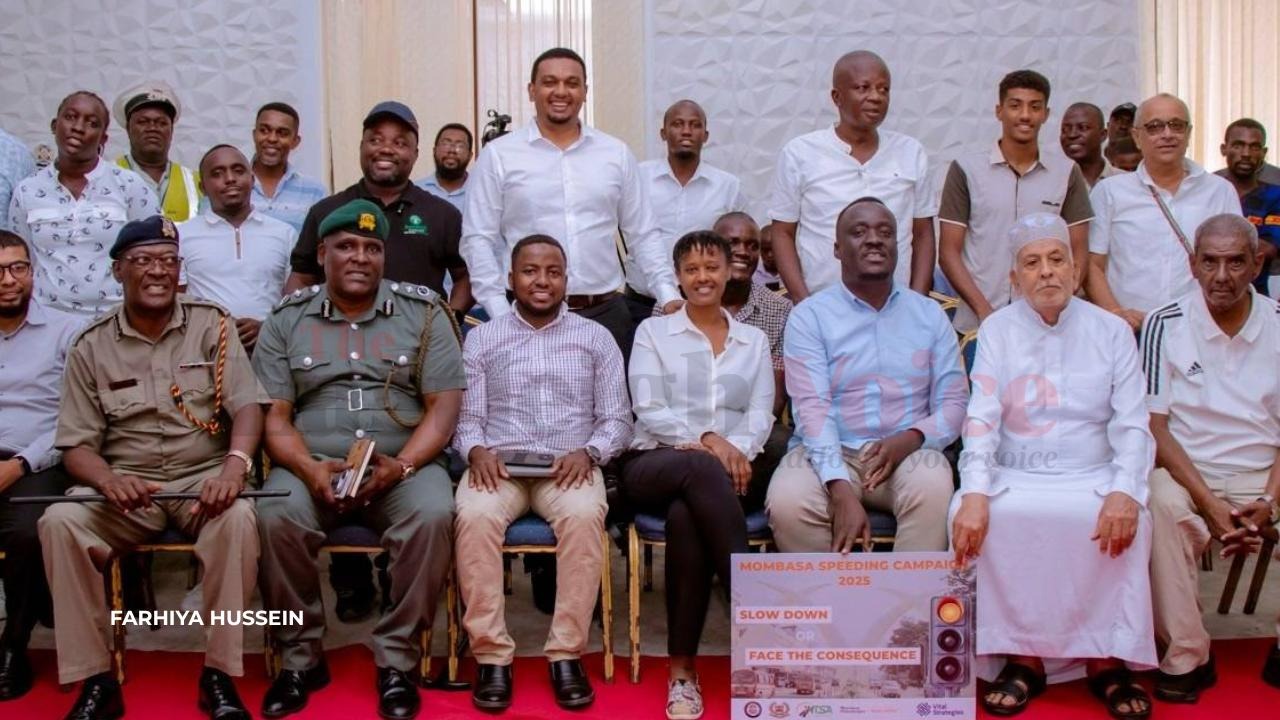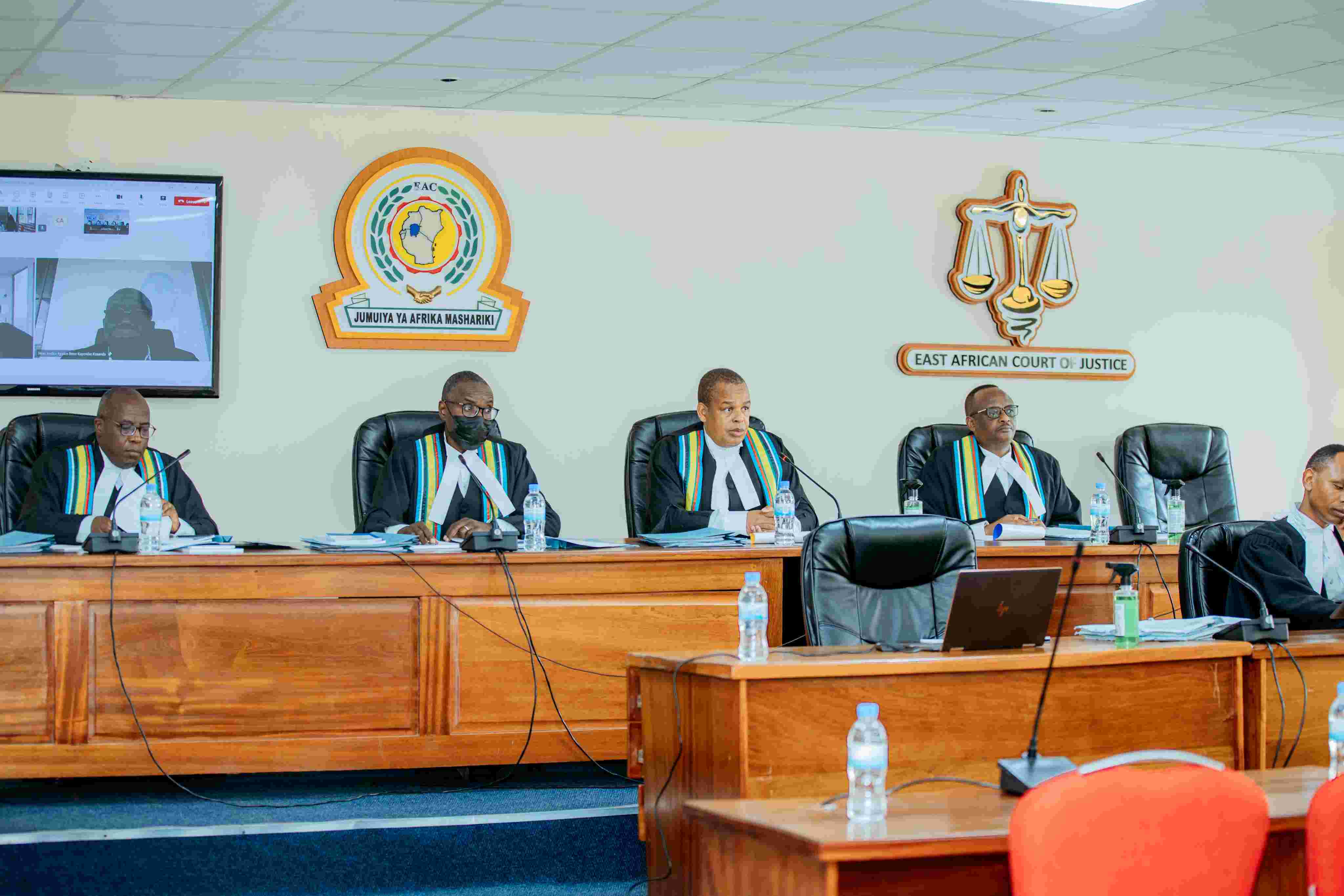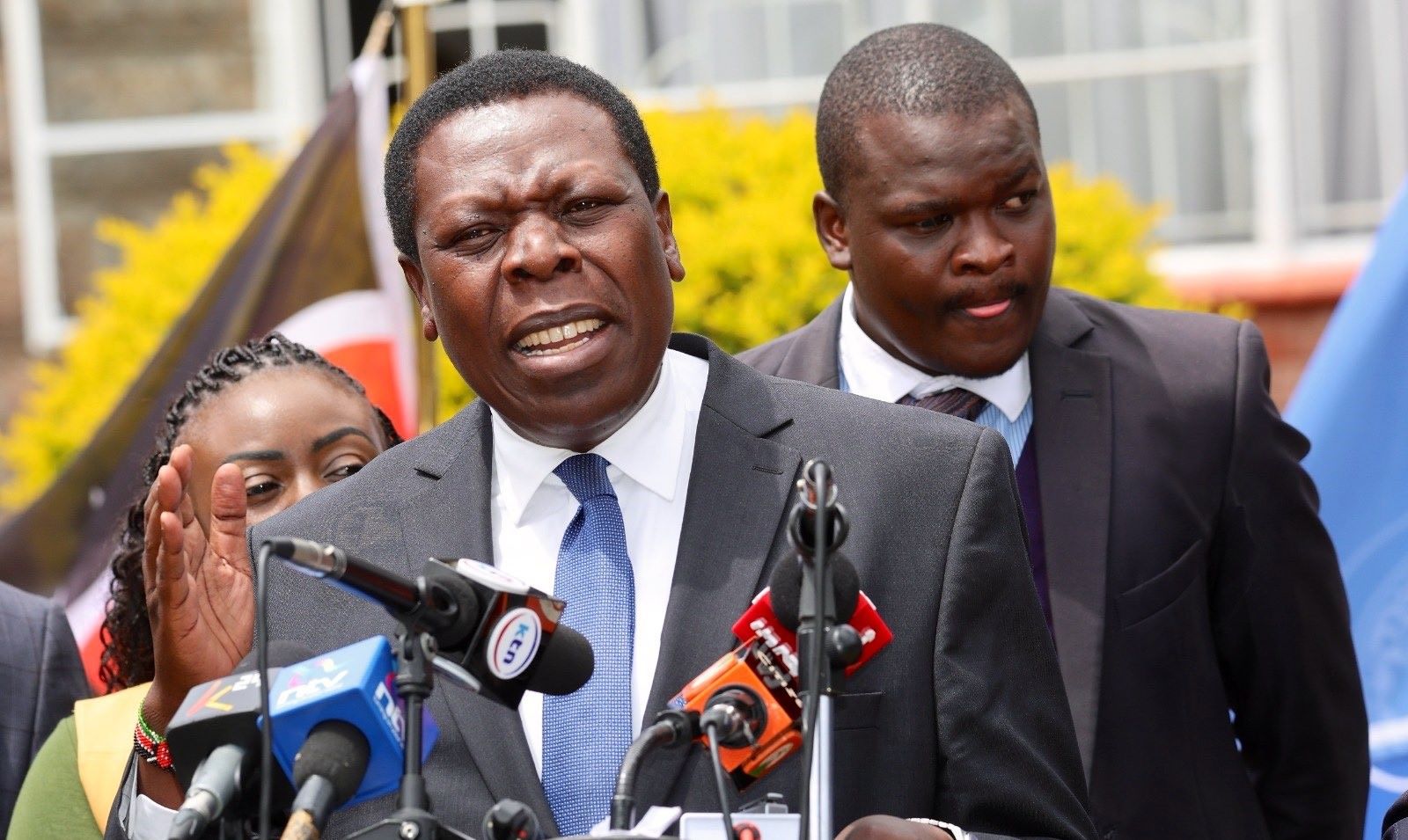Supreme Court Judge Mohammed Ibrahim to retire after 23 years of service
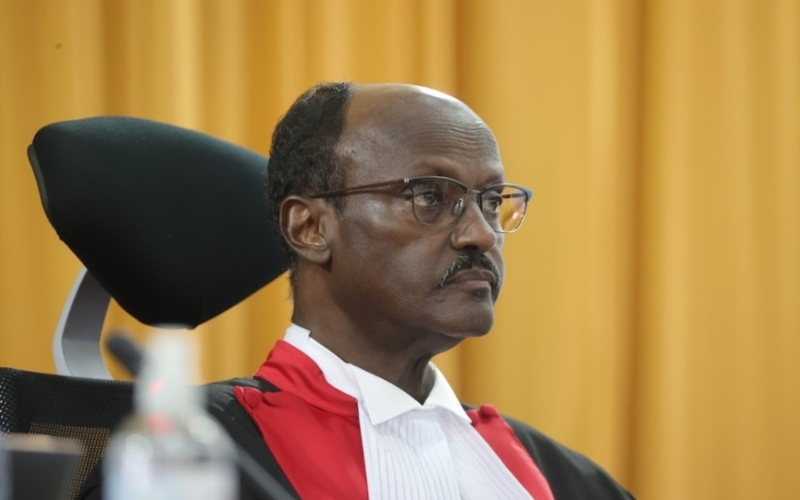
His departure marks a significant transition for the Supreme Court, closing a chapter defined by integrity, calm leadership and a steadfast dedication to justice.
Supreme Court Judge Mohammed Ibrahim will proceed on terminal leave ahead of his mandatory retirement on January 1, 2026, bringing to a close a distinguished 23-year judicial career marked by institutional reform, jurisprudential leadership and a legacy of advancing access to justice.
Justice Mohammed turns 70 in early January, the constitutional retirement age for judges.
More To Read
- Explainer: How courts operate when the judiciary goes on recess
- Lawyer petitions CJ Koome to lift restrictions on e-filing system, cites rights violations
- Senator Sigei urges state agencies to share responsibility for protecting human rights
- Judiciary faces Sh576.6 million pending bills amid budget review
- Over 31,000 SGBV cases filed as courts improve response, Judiciary Report shows
- Top 10 counties account for 68 per cent of Kenya’s legal cases, says report
Appointed to the Supreme Court in June 2011 as part of the inaugural bench established under the 2010 Constitution, Justice Mohammed has played a pivotal role in shaping Kenya's top court and strengthening public confidence in the country's justice system.
His tenure has been defined by quiet authority, careful reasoning and an unwavering commitment to judicial independence.
During his time at the apex court, Justice Mohammed chaired the Judiciary Committee on Elections (JCE), a key body responsible for ensuring the preparedness of the Judiciary to resolve electoral disputes.
Under his leadership, the committee expanded election-related training for judges, magistrates and judicial staff, strengthened dispute-resolution mechanisms, and streamlined processes that have since guided several general elections.
His stewardship was widely credited with enhancing the Judiciary's institutional capacity to handle politically sensitive cases professionally and expeditiously.
Beyond elections, Justice Mohammed served as Chairperson of the Judicial Service Commission's Learning and Development Committee, where he championed continuous professional development for judicial officers.
He also sat on the JSC's Finance, Planning and Administration Committee and the Committee on the Administration of Justice, contributing to policy reforms that improved the efficiency and accountability of court operations.
Prior to joining the Supreme Court, Justice Mohammed served as a High Court judge from May 2003 to May 2011. He presided over numerous high-impact cases during a period when the Judiciary was undergoing significant transformation.
His judgments were noted for their clarity and fidelity to constitutional principles, earning him respect among peers and the legal fraternity.
Before joining the bench, Justice Mohammed built an accomplished legal career. After studying law at the University of Nairobi, he joined Waruhiu & Muite Advocates in 1982 and rose through the ranks to become a partner by 1987.
He made history as the first member of the Kenyan Somali community to be admitted to the Bar, a milestone that inspired many from marginalised communities to pursue careers in law.
Across his judicial journey, Justice Mohammed has been celebrated for promoting human rights, safeguarding constitutionalism, and mentoring a generation of legal professionals.
His departure marks a significant transition for the Supreme Court, closing a chapter defined by integrity, calm leadership and a steadfast dedication to justice.
Top Stories Today
